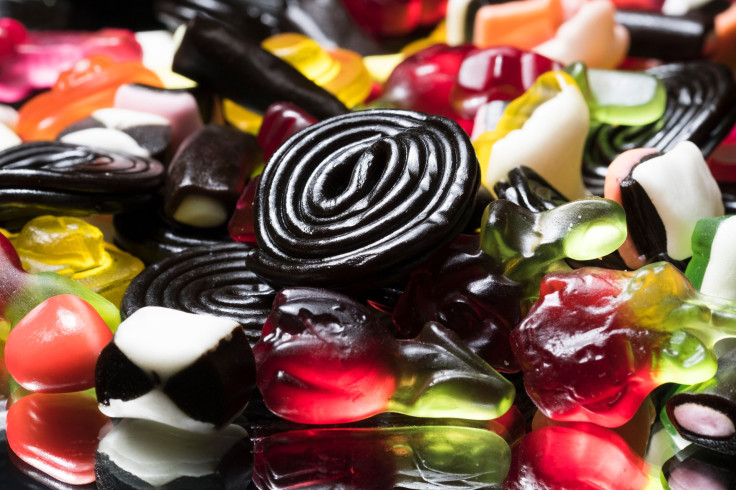Coronavirus Treatment: Licorice Extract Has Potential To Treat COVID-19, Study Finds

KEY POINTS
- An extract from the Chinese licorice plant is being touted as a cure for COVID-19 by the Chinese
- The extract called liquiritin was allegedly shown to prevent the rapid replication in monkey cells of SARS-CoV-2
- The claim was based on a non-peer reviewed study now posted for comments
Traditional Chinese medicine (TCM) is presenting the world with an extract from the flowering Chinese licorice plant (Glycyrrhiza uralensis) as a potential cure for COVID-19.
The root extract is a flavonoid called "liquiritin." An initial, non-peer reviewed study by researchers in Beijing claims liquiritin was shown to prevent the rapid replication in monkey cells of SARS-CoV-2 (severe acute respiratory syndrome coronavirus 2), the virus that causes COVID-19.
In TCM, liquiritin is usually processed and sold as herbal licorice tablets, and is also widely used as a sweetener. It's also commonly used for gastrointestinal and respiratory problems.
“We recommend liquiritin as a competitive candidate for treating Covid-19,” said the team from Peking University and the Academy of Military Science in a preprint paper on the bioRxiv website.
The study used artificial intelligence (AI) technology to accelerate the research process. The AI predicted the efficacy of liquiritin and found it significantly inhibited the replication of Sars-CoV-2 in Vero cells, which is a cell line developed from a monkey.
The team also tested liquiritin on mice for seven days. They observed liquiritin “didn’t show toxicity or side effects in two independent experiments.”
“In summary, we suggest that liquiritin should be assessed in human patients suffering from Covid-19,” said the study.
They also suggested liquiritin could potentially have “a broad and potent antiviral function on other viral pathogens” like hepatitis B and HIV.
It's eye-opening to learn TCM was given to more than 90% of COVID-19 patients in China as part of their treatment. There are, however, no statistics or evidence to prove the efficacy of TCM against COVID-19, an outcome that leaves Western doctors extremely skeptical of these claims.
Liquiritin, which is a component of licorice, has been studied in a rat model for its effect in chronic, variable stress-induced depression. The study found an antidepressant-like effect, which might be related to the observed prevention of oxidative stress. In another study, liquiritin yielded a reduction in pigmentation in a double-blind, controlled, split-face study of 20 women with melasma.
In the West, licorice is usually associated with the candy licorice, which is usually colored black with the extract of the roots of the licorice plant, Glycyrrhiza glabra. The essential ingredients of black licorice candy are licorice extract, sugar, and a binder.
© Copyright IBTimes 2025. All rights reserved.




















